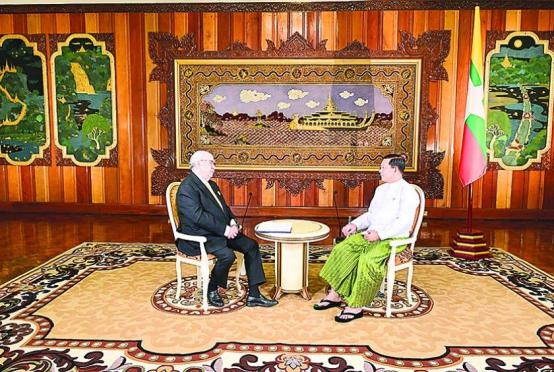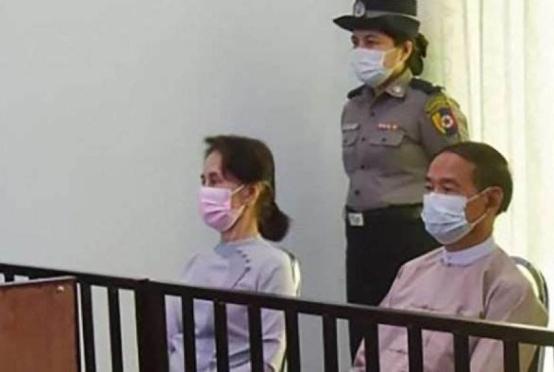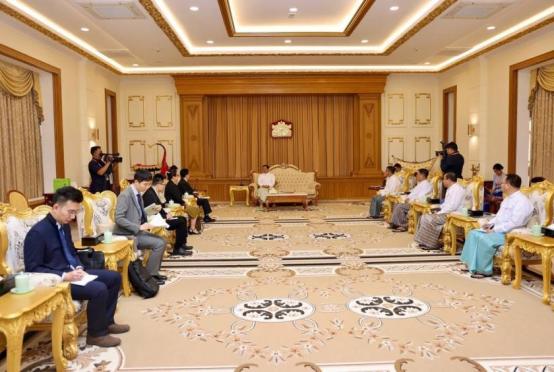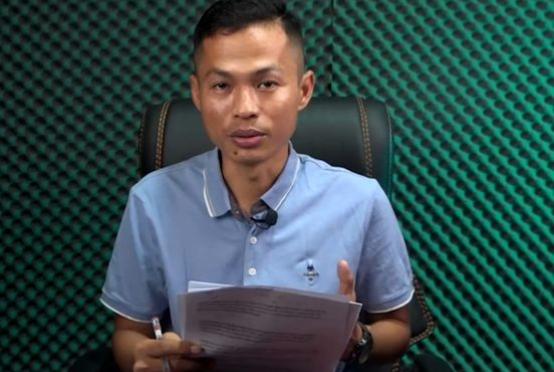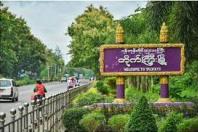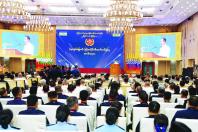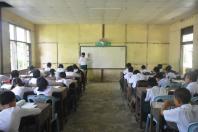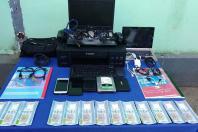One-sided actions, which are not in line with the agreements included in nationwide ceasefire agreement (NCA), may reduce mutual trust in peace process, said Maj-Gen Baung Khe, Deputy Commander-in-Chief of Restoration Council of Shan State (RCSS).
A delegation led by Vice Chairman National Reconciliation and Peace Center (NRPC) and Chairman of Peace Commission Dr Tin Myo Win met with Restoration Council of Shan State (RCSS) peace negotiation representative group led by Maj-Gen Baung Khe in Chiang Mai, Thailand on November 19.
“Mutual trust is an important thing to implement peace process and we need to implement to build trust between leaders. If not, it will be hinder peace process. One-sided actions, which are not in line with the NCA, are the main thing to reduce mutual trust,” he said.
Both sides need to be careful of not only big issues but also small issues as it can create big problems, he said.
The government and NCA-SEAO had discussed about the processes and arrangements to implement in previous meetings and both sides agreed to go forward in peace process, he said.
Both sides need to hold the Joint Implementation Coordination Meeting (JICM) as early as possible, he said.
Six government delegation members including two army representatives led by Dr Tin Myo Win and four RCSS delegation members led by Maj-Gen Baung Khe attended the meeting.

